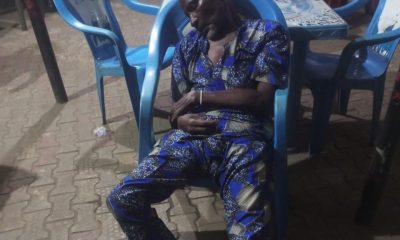Business
DisCos can disconnect defaulting customers after 12 days, says NERC

The Nigerian Electricity Regulatory Commission (NERC) says distribution companies (DisCos) have been empowered to disconnect consumers who have not paid their electricity bills for at least 12 days.
This is contained in the commission’s recently released ‘Customer Protection Regulations, 2023’.
According to NERC, a DisCo may disconnect supply to a customer’s premises when the client fails to pay the amount billed by the payment date specified on the bill or violates other terms and conditions agreed upon with the firm.
The commission outlined the conditions that must be fulfilled before DisCos can exercise their rights to disconnect customers for failure to pay their bills as and when due.
The regulatory body said the payment date must be clearly stated on the bill.
NERC stated that the payment date must be, at least, 10 days after the bill was delivered, and DisCos can then disconnect two working days later.
“The payment date must be, at least, 10 days from the date of the delivery of the bill to the customer. Bills may be delivered physically to the customer’s premises or by some other electronic means, including text messages or electronic mail, as agreed with the customer,” the commission said.
“The period between the payment date and date of scheduled disconnection for nonpayment is not less than two working days after the payment date.
“Any bill correcting a previous inaccurate bill shall have a payment date which is at least 10 working days from the date of delivery of the corrected bill to the customer.”
NERC said the DisCos must also verify from its records that payment has not been made by the customer.
‘DISCOS MAY DISCONNECT CUSTOMERS SUPPLY WITHOUT NOTICE‘
According to the agency, a DisCo may disconnect a customer’s electricity supply without notice when the customer is connected to the DisCo’s network in an unauthorised manner.
“Where the customer’s connection is considered to be dangerous to the integrity of the network and/or affects the quality of supply to other customers,” NERC added.
“Where the DisCo is not granted access to read a meter that is located within the customer’s premises.”
NERC also said a DisCo may deny a customer’s request for supply of electricity over refusal to provide an acceptable means of identification or to pay the security deposit requested by the company.
“Whenever a customer requests a distribution company to disconnect electricity supply to his premises, the distribution company shall disconnect the supply after confirming that the customer’s request will not impact on other customers in the premises that require continued supply,” the commission added.
“The distribution company shall ensure that it is able to monitor consumption to the premises of the customer that has requested a disconnection that was not effected due to the impact on other customers in the premises, to assess the customer’s consumption.”
Business
Nigeria to stop petrol importation in June, says Dangote
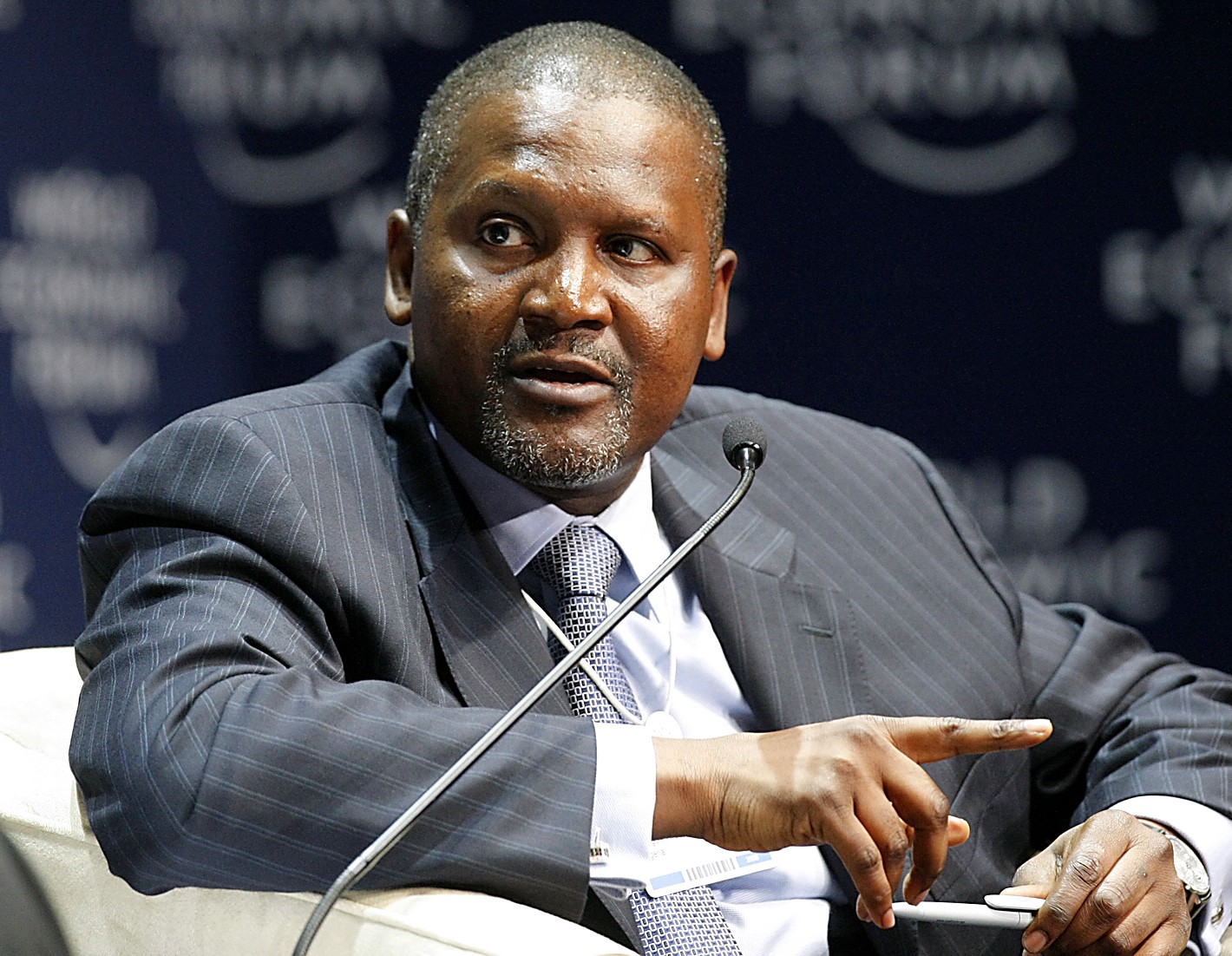
Aliko Dangote, Africa’s richest person, says Nigeria will stop importation of petrol into the country by June.
Dangote spoke at the Africa CEO Forum Annual Summit in Kigali on Friday.
He said the country should end petrol imports by June when Dangote refinery commences production of the product.
“Right now, Nigeria has no cause to import anything apart from gasoline and by sometime in June, within the next four or five weeks, Nigeria shouldn’t import anything like gasoline; not one drop of litre,” he said.
Consequently, Dangote said the shortfall in the supply of petrol will be addressed not only in Nigeria but other West African countries.
“We have enough gasoline to give to at least the entire West Africa. We have enough diesel to give to West Africa and Central Africa,” he said.
Dangote said there is enough aviation fuel to meet the continent’s demands, as well as export to Brazil and Mexico.
Speaking on the commencement of petrol production by the refiner, Dangote said “next month, we will be producing diesel and gasoline”.
He said the refinery would take most African crude grades.
DANGOTE SAYS REFINER WILL NOT FOCUS ONLY ON PETROLEUM PRODUCTS
Dangote said the refiner would not only focus on producing petroleum products.
“Today, our polypropylene and our polyethene will meet the entire demand of Africa and we are doing base oil, which is to do like engine oil,” he said.
“We are doing linear benzyl, which is raw material to produce LLB, which is raw material to produce detergent. We have 1.4 billion population and nobody is producing that in Africa.”
He said all the raw materials detergents are being imported into Africa, adding that the refinery is producing these raw materials to make Africa self-sufficient.
“As I said, give us three and a maximum of four years and Africa will not, I repeat, not import any more fertilizer from anywhere. We will make Africa self-sufficient in potash, phosphate (even if we don’t have enough, there is a lot in Morocco. But we are also looking at the opportunities,” he said
“For our urea, we are at three million tonnes and in the next twenty months, we will be at six million tonnes of urea which is the entire capacity of Egypt.”
The business mogul said the refiner has 650,000 barrels per day, one million tonnes of polypropylene, 590,000 carbon black — the raw materials ink, dyes and others.
Dangote said the second phase of the refinery will start early next year.
Business
Customs FX rate for import duties rises to N1,530/$
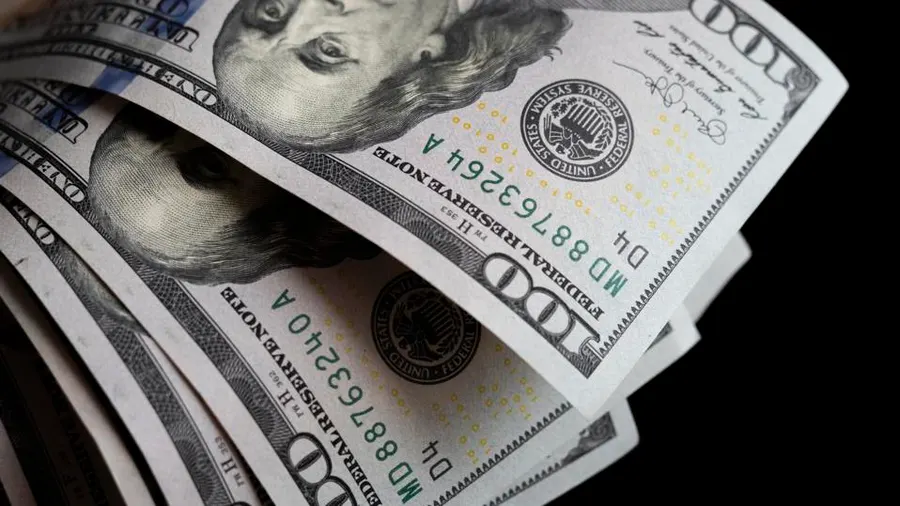
The Nigeria Customs Service (NCS) has adjusted the foreign exchange (FX) rate for import duties to N1,530 per dollar.
This represents a 6.13 percent increase compared to the N1,441.58 adopted on May 6.
The rate adopted by customs was observed on Friday on the federal government’s single window trade portal.
Customs typically adopt FX rates recommended by the Central Bank of Nigeria (CBN) for import duties based on trading activities in the official FX market.
It was observed that the NCS rate is marginally lower than the official FX rate of N1,533/$ recorded at the close of trade on May 16.
On May 15, the Nigerian currency depreciated to N1,550 against the dollar at the parallel section of the FX market.
The parallel FX rate declined by 1.95 percent compared to the N1,520/$ reported on May 13.
On May 16, Muda Yusuf, director-general, Centre for Promotion of Private Enterprise (CPPE), advised NCS to set a quarterly exchange rate between N800/$ and N1000/$ for import duties assessment.
Yusuf said the continuous fluctuation affects inflation.
He said setting a fixed rate was necessary to reduce the pass-through effect of heightening trade costs on inflation.
Business
Naira appreciates at parallel market, official window
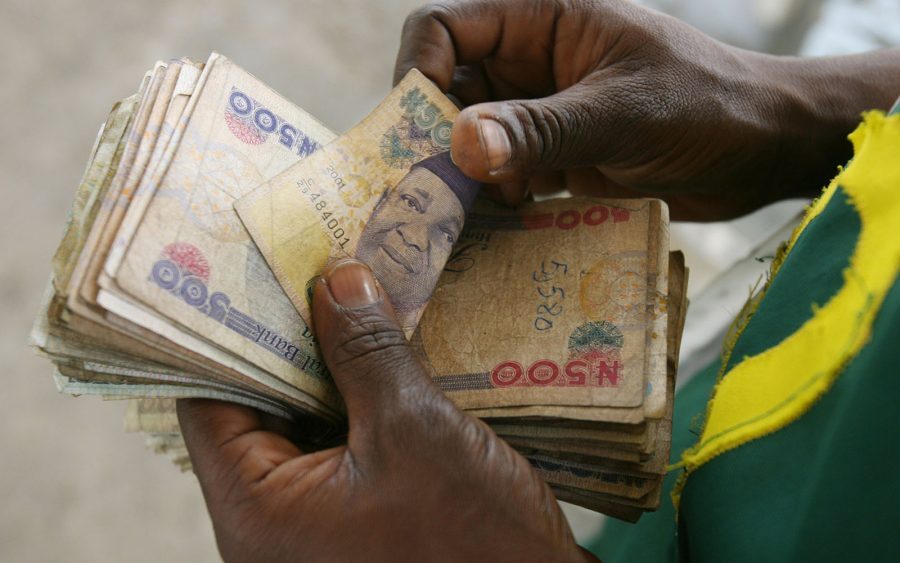
The naira appreciated in the parallel section of the foreign exchange (FX) market on Friday.
At the Lagos street market, currency traders, also known as bureau de change (BDC) operators, quoted the naira at N1,510 to the greenback.
The traders put the buying price of the dollar at N1,480 and the selling price at N1,510 — leaving a profit margin of N30.
The figure represents an appreciation of N40 or 2.65 percent from the N1,550/$ traded on May 15.
At the FMDQ Exchange, a platform that oversees official foreign exchange (FX) trading in Nigeria, the local currency appreciated by 2.45 percent or N36.66 to N1,497.33/$ on Friday — from N1,533.99/$ on May 16.
During trading hours, an exchange rate of N1,555 to the dollar was the highest rate recorded and the lowest rate was N1,415/$.
At the official window, a daily turnover of $83.50 million was recorded.
On May 16, the Centre for the Promotion of Private Enterprise (CPPE) urged the Central Bank of Nigeria (CBN) to peg the exchange rate benchmark for computation of import duty between N800 and N1,000 per dollar — to be reviewed quarterly.
Muda Yusuf, CPPE’s director-general, said this is important to lessen the pass-through effect of heightening trade costs on inflation.
-

 Entertainment1 week ago
Entertainment1 week agoTems announces release date for her debut album ‘Born In The Wild’
-

 Religion4 days ago
Religion4 days agoAllow RCCG members attend your schools for free, Lege Miami tells pastor Adeboye
-

 Entertainment4 days ago
Entertainment4 days ago“My dating era has come to an end” – Actress Susan Peters shed tears of joy as she hints at remarriage
-

 Entertainment1 week ago
Entertainment1 week agoEsther Ogbu narrates how she once slept on the floor for seven days to avoid being sexually molested
-

 Business4 days ago
Business4 days agoSMEDAN begins disbursement of N5bn loans to SMEs
-
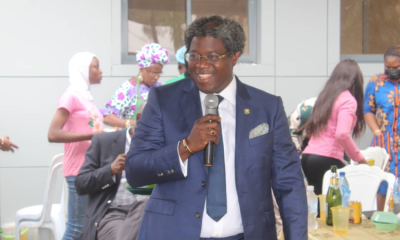
 News1 week ago
News1 week agoLagos state government introduces electronic system for 10-minute approval of building permits
-

 Celebrities4 days ago
Celebrities4 days ago‘Superstar no get money for car’ – Speed Darlington mocks Portable following his arrest (Video)
-

 Sports6 days ago
Sports6 days agoAmusan sets world leading record in 100m hurdles





